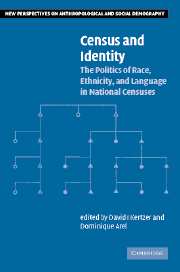Afro-Palestinians talk heritage and resistancePosted in Articles, Media Archive, Reading List, Religion on 2017-08-07 20:47Z by Steven |
Afro-Palestinians talk heritage and resistance
Al Jazeera
2017-08-05
 Their lives are characterised by checkpoints, daily interrogations, night raids and incessant fears of detention [Jaclynn Ashly/Al Jazeera] |
Palestinians of African descent describe their daily struggles against ‘double-racism’ and Israeli occupation.
Occupied East Jerusalem – “It’s hard not to get detained here,” 16-year-old Abdallah Balalawi, an Afro-Palestinian from Chad, told Al Jazeera from his home in the Old City. “I have to be aware of the way I look and even the way I walk to avoid making the Israelis suspicious.”
Abdallah is one of at least 350 Afro-Palestinians from Nigeria, Chad, Senegal and Sudan residing in the Muslim Quarter of the Old City, adjacent to the Al-Aqsa Mosque compound. The Afro-Palestinian neighbourhood is not the easiest to find, accessible only through an Israeli police checkpoint where officers interrogate anyone who is not from the local community.
On a nearly hidden road straddled between two police blockades, third generation Afro-Palestinian teenagers tell Al Jazeera about the world they inherited, characterised by checkpoints, daily interrogations, night raids and incessant fears of detention by Israeli forces.
Most Afro-Palestinians in this tight-knit community came to the region as religious pilgrims during the British Mandate for Palestine, and many have been part of the Palestinian resistance movement since Israel’s establishment in 1948. Others arrived as volunteers with the Egyptian army to fight against Zionist militias taking control of historic Palestine during the Arab-Israeli war…
Read the entire article here.



